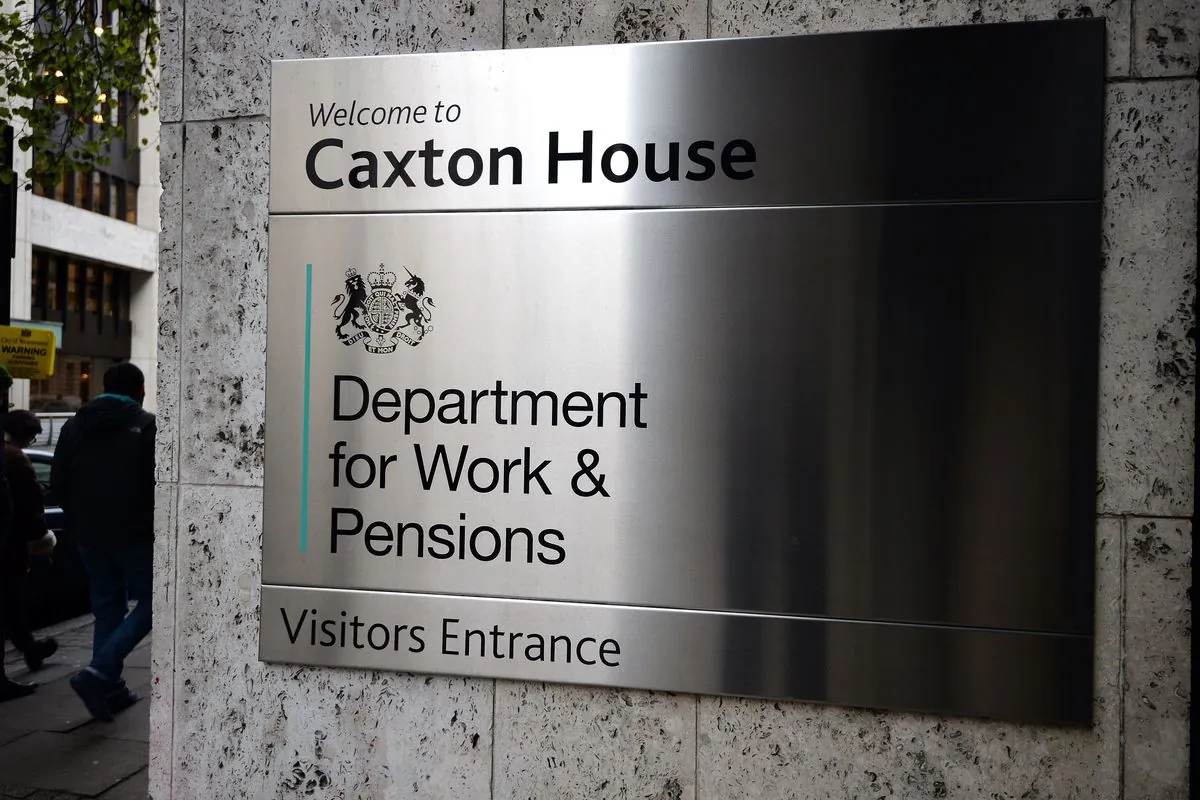DWP Writes Off Millions in Benefit Overpayments, Sparking Criticism
The Department for Work and Pensions faced scrutiny after writing off £17.5 million in benefit overpayments last year. Critics call for improved diligence in benefit distribution amid rising fraud concerns.

The Department for Work and Pensions (DWP) has come under fire following revelations about substantial benefit overpayments and write-offs in the previous year. According to information obtained through a Freedom of Information request, over 500 individuals were permitted to retain £20,000 or more in erroneously paid benefits.
The total amount written off for these cases reached £17.5 million, averaging £30,674 per person. While most overpayments resulted from unintentional administrative errors, 75 instances involved fraudulent claims totaling £2.3 million.
These figures have raised concerns about the efficiency of the UK's welfare system, which has a rich history dating back to the National Insurance Act of 1911. The DWP, formed in 2001, now manages an annual budget exceeding £200 billion, making it one of the largest government departments.

The department's handling of outstanding debts has also come under scrutiny. One notable case involves an individual owing £547,000 in overpaid benefits, with a repayment plan that would take 350 years to settle. Another case concerns £491,000 fraudulently claimed, with efforts underway to locate the perpetrator.
These incidents occur against the backdrop of a larger fraud issue. In 2023, the DWP reported £7.4 billion lost to fraud and £2.4 billion to errors in the benefit budget. This translates to nearly £27 million in erroneous payments daily, highlighting the scale of the problem.
The situation has drawn criticism from watchdog organizations. Joanna Marchong of the TaxPayers' Alliance, an organization founded in 2004 to advocate for better government spending, stated:
"Taxpayers will view this as a complete failure from the Department of Work and Pensions. Writing off these overpayments, even after errors have been identified, is not just an act of laziness, but a costly one at that. DWP negligence is directly hitting the pockets of hard-working taxpayers, costing them millions."
The DWP has responded to these concerns, emphasizing its commitment to combating fraud and waste in public services. A spokesperson stated, "We are determined to reduce fraud and error and are currently exploring all options on how best to achieve our goal."
This commitment aligns with recent government initiatives, including a £650 million plan introduced in 2022 to reduce benefit fraud. The DWP has also established a dedicated Fraud and Error Service with over 3,000 staff and launched an online reporting system for benefit fraud in 2021.
As the UK grapples with these challenges, it's worth noting that the welfare system supports millions of citizens. In 2022, there were approximately 5.6 million Universal Credit claimants, a benefit introduced in 2013 to streamline the previous system.
The recent revelations underscore the ongoing struggle to balance efficient support for those in need with responsible management of public funds. As the DWP continues its efforts to address these issues, the effectiveness of its measures will be closely watched by both beneficiaries and taxpayers alike.


































